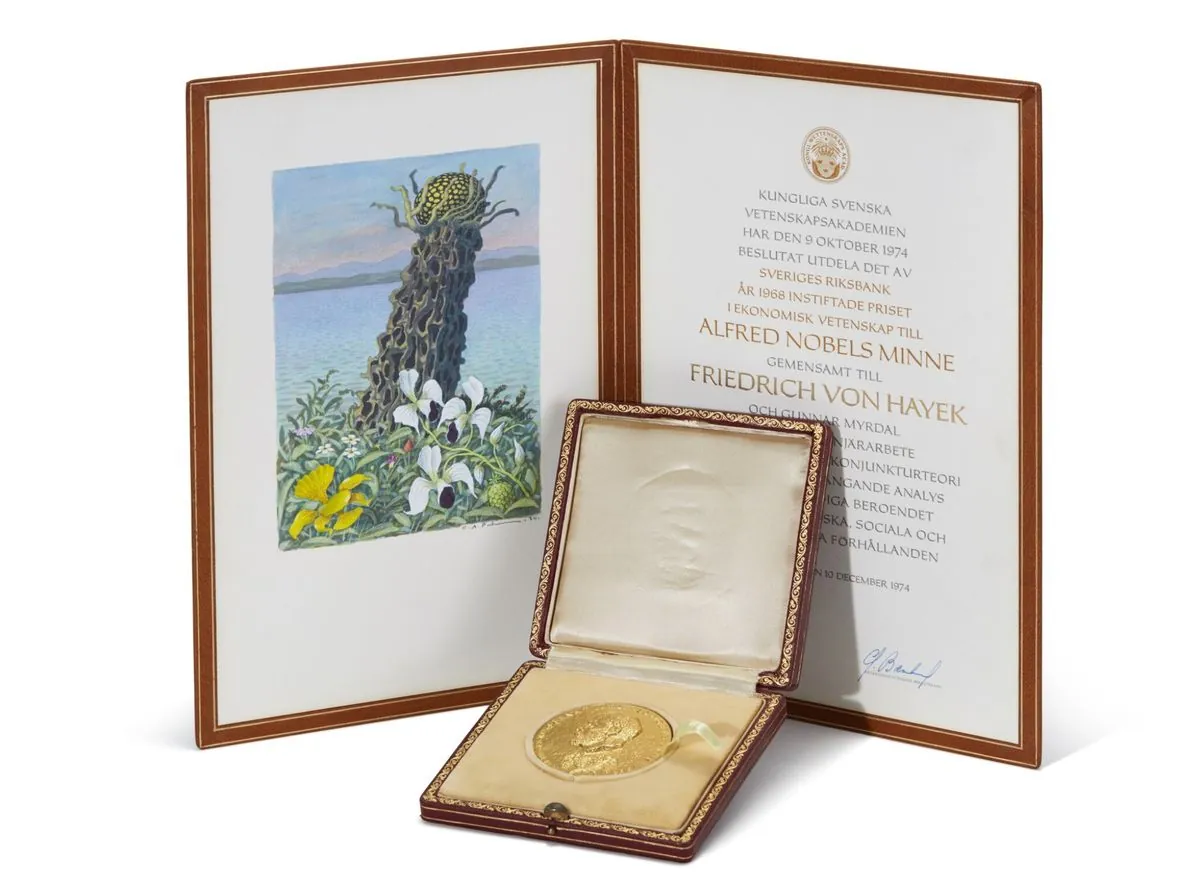As the world approaches the Nobel Prize announcements for 2024, scheduled from October 2-9, the prestigious awards find themselves in the midst of global turmoil. The Nobel Foundation, established in 1900 to manage Alfred Nobel's legacy, faces the challenge of recognizing outstanding achievements against a backdrop of international conflicts and technological advancements.
The Nobel Peace Prize, traditionally awarded in Oslo, Norway, is under particular scrutiny this year. The announcement coincides with the first anniversary of the Hamas-led attacks on Israel, which occurred on October 7, 2023. This timing has sparked debate among experts about the prize's relevance and impact in current global circumstances.
Dan Smith, director of the Stockholm International Peace Research Institute, raises a poignant question: "I look at the world and see so much conflict, hostility and confrontation, I wonder if this is the year the Nobel Peace Prize should be withheld." Smith's concerns stem from ongoing conflicts in various regions and the alarming increase in global military spending.
However, Henrik Urdal, director of the Peace Research Institute Oslo, argues against withholding the prize, emphasizing its importance in promoting and recognizing peace efforts. Potential nominees for the Peace Prize include grassroots organizations working towards peace in the Middle East and Sudan.
"It could go to some groups which are making heroic efforts but are marginalized"
The Nobel Peace Prize has a rich history, having been awarded 110 times to individuals and 27 times to organizations between 1901 and 2023. Notably, the International Committee of the Red Cross has received this honor three times, underscoring the recognition of sustained efforts in peacemaking.
While the Peace Prize grapples with these challenges, the science categories may focus on technological advancements, particularly in the field of artificial intelligence (AI). David Pendlebury, head of research analysis at Clarivate's Institute for Scientific Information, suggests that scientists from Google DeepMind could be considered for the chemistry prize for their work on AlphaFold, an AI system that accurately predicts protein structures.
The potential recognition of AI in the Nobel Prizes reflects the growing influence of this technology across various fields. Pendlebury predicts that within the next decade, a discovery firmly anchored in AI is likely to win a Nobel Prize, highlighting the rapid pace of technological progress.
It's worth noting that the Nobel Prizes have a long-standing tradition of recognizing groundbreaking achievements. Since their inception in 1901, the Nobel Prizes and the Prize in Economic Sciences have been awarded 615 times to 989 individuals and organizations. The average age of Nobel laureates across all categories is 59, demonstrating the often lengthy process of scientific discovery and societal impact.
As the world awaits the announcements, it's important to remember that each Nobel Prize consists of a gold medal, a diploma, and a substantial monetary award. In 2023, the prize amount was set at 11 million Swedish kronor per full Nobel Prize, reflecting the prestige and financial support provided to laureates.
The upcoming Nobel Prize ceremonies, traditionally held on December 10 to commemorate Alfred Nobel's death anniversary, will undoubtedly generate significant global interest. As the world grapples with complex challenges, the Nobel Prizes continue to serve as a beacon of human achievement and aspiration, even in the face of adversity.
